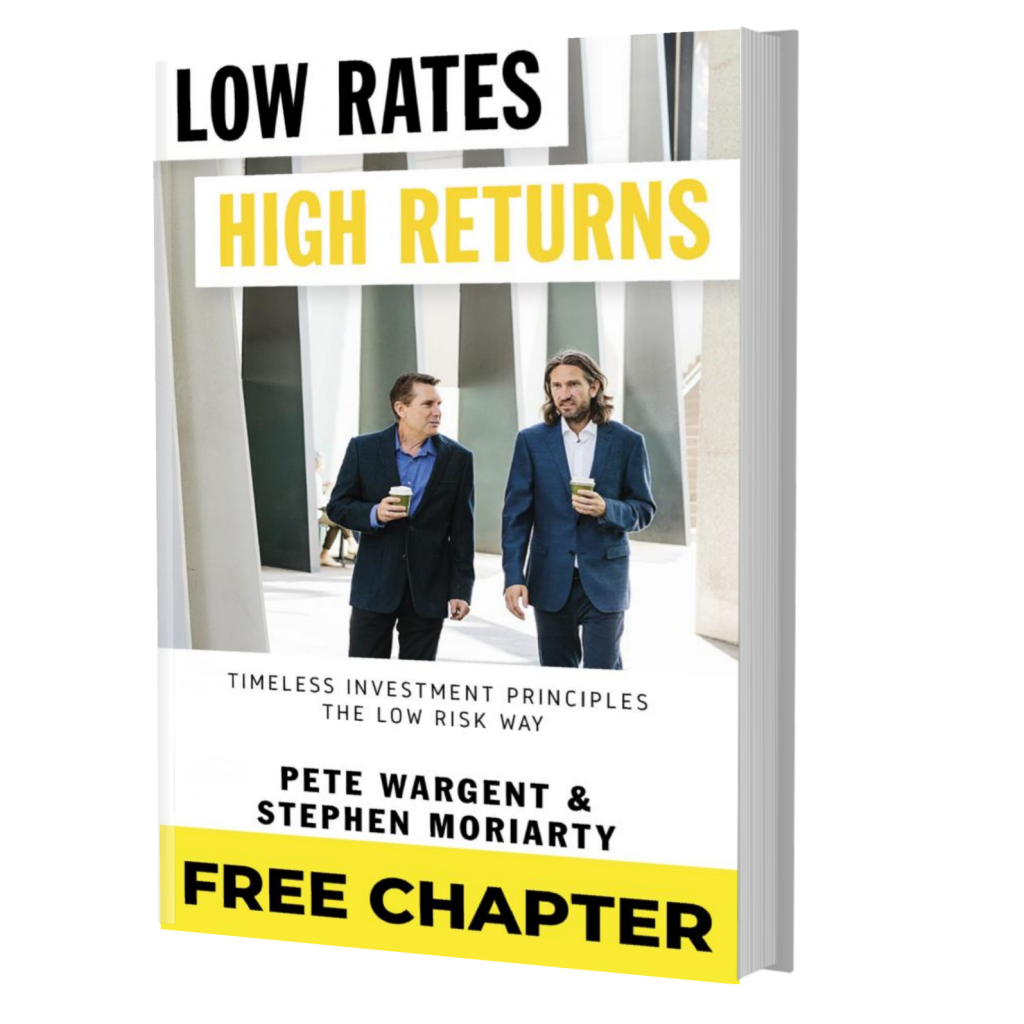Like there’s no tomorrow
I think it’s fair to say that you could have given the 18-year-old me practically any sum of money & I’d have found a way to spend it.
After all, I had a theoretical wish-list as long as my arm, ranging from exotic holidays to an Enzo Ferrari, and from music systems to a Mayfair mansion.
Although the little dosh I did have was hard-earned, I didn’t really understand money, and my concept of delayed gratification extended only as far as waiting for the pubs to open at 7pm.
A 2012 combined study by Camelot & Oxford Economics found that property purchases & investments accounted for by far the greatest cumulative expenditure of UK Lottery winners at a total of £3.3 billion.
Real estate was followed by investments to provide income, investments for children, gifts to friends, cars, holidays, and the clearance of existing debt.
Time value of money
Last week it was reported that a Canadian teenager won a major lottery prize, and was given the choice of $1 million as a lump sum or $1000 per week for life.
She opted for the annuity, in part because as winnings the income will be deemed to be tax-free.
Of course, many will argue that the ‘right’ answer might have been to take the cash and invest it in the stock market.
Thanks to the time value of money she’d perhaps be better off over the long run in stocks, even though she might yet invest some of the $1000/week at a similar rate of return (in reality, it’ll probably be spent on living).
But then again, the 18-year old me would’ve been speeding away from a Ferrari-buying spree at Maranello Sales, so who am I to comment?
Bumps in the road
While on the subject of smooth rides, when it comes to investment returns there’s a tendency to produce neat graphics representing a beautiful arc of ever-improving joy…

In the real world and in real time, however, the gyrations of the market rarely behave anything like this, which may be disconcerting for the fragile mind of a newly-minted teenage investor.
Your risk tolerance
As for what I’d do given the same situation today?
The slightly boring answer is that I’d probably take the lump sum and sock it away in an index fund, possibly for the term of my natural life.
Not very creative, I know, but middle age has crept upon with unseemly haste, and in my case I’ve found that the desire to take undue risks has declined as my net worth has increased.
I’ve no urgent need for cash, and have a leaning towards investments I never have to sell if I don’t want to.

Diff’rent strokes…
This is not the same for everyone.
Some high net worth individuals find that their tolerance for risk increases over time if they have a solid core portfolio & other variables are controlled.
Arguably a teenager with potentially decades of time on their side could invest in a higher-growth product, but they might not have the confidence, knowledge, or trust to do so.
The truth is some people are gamblers and some are risk-avoiders; most of us are somewhere betwixt & between.
It’s said that the majority of lottery winners end up broke, possibly related to most tickets being bought by those with little experience of possessing or investing significant sums of money.
Viewed in that context, the Canadian teenager hasn’t necessarily made too bad a choice, especially if the security helps her to chase her stated dream role at National Geographic.
And for following a dream, good luck to her, I say!





